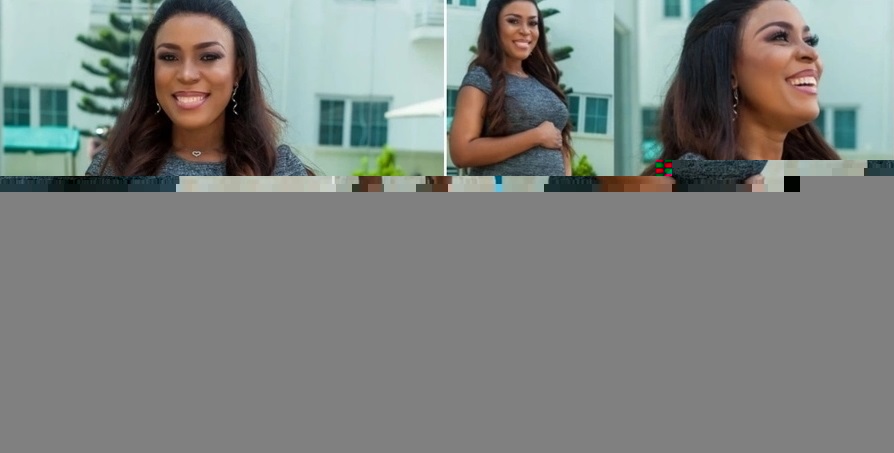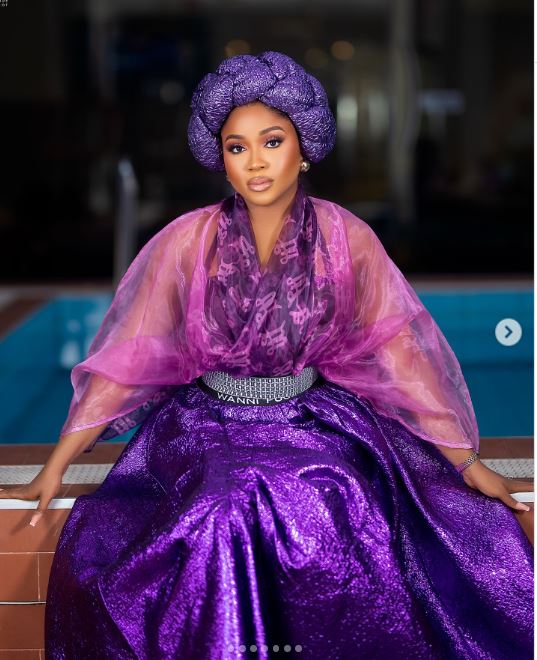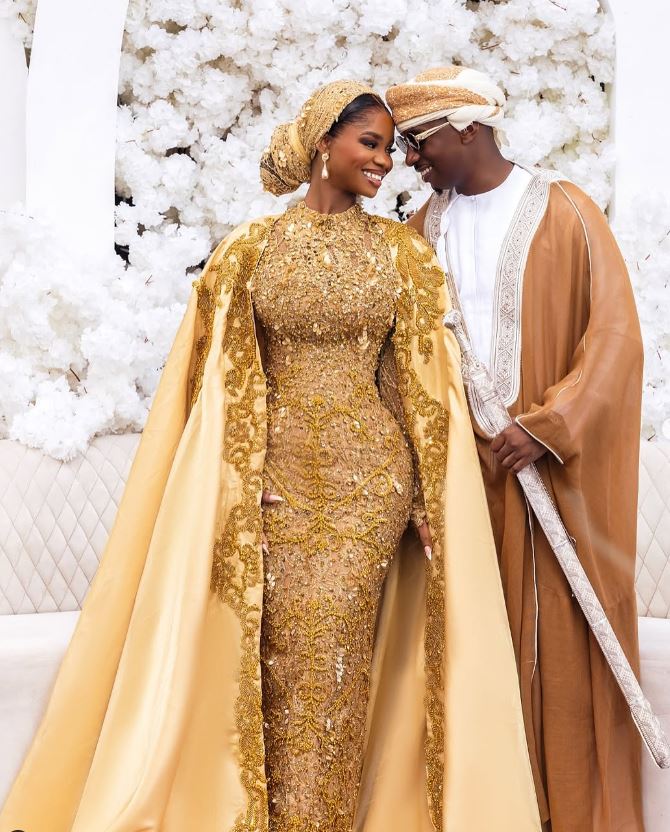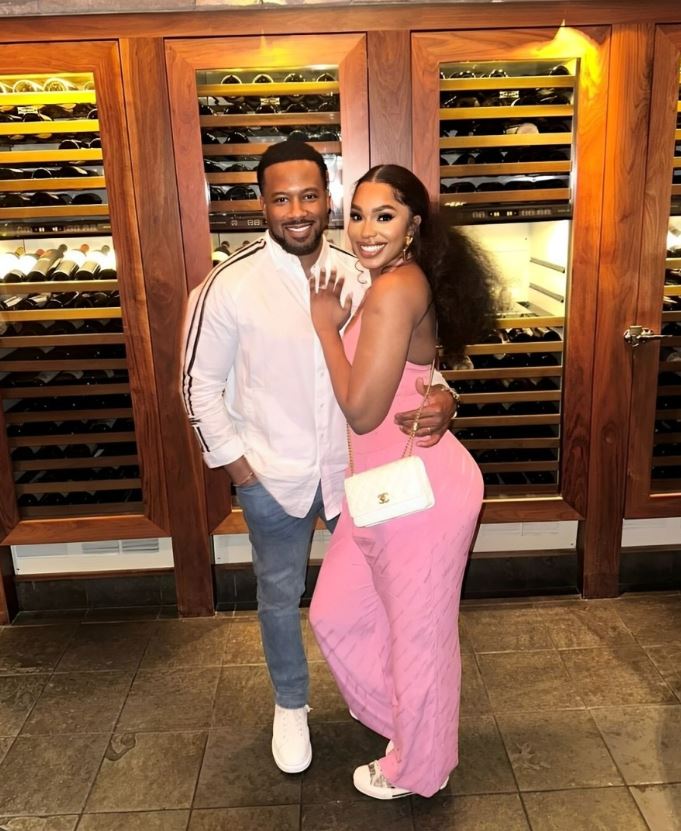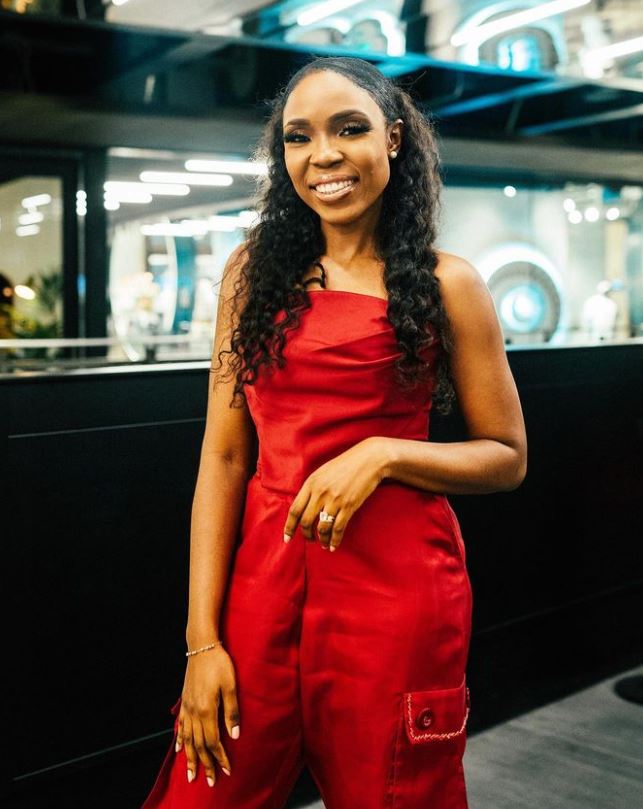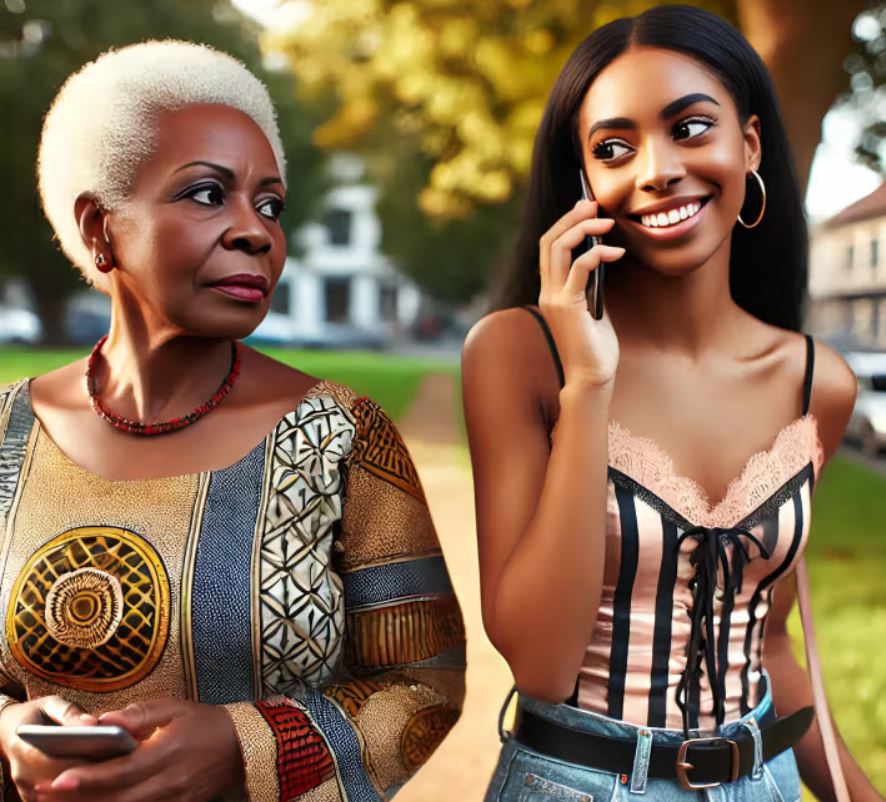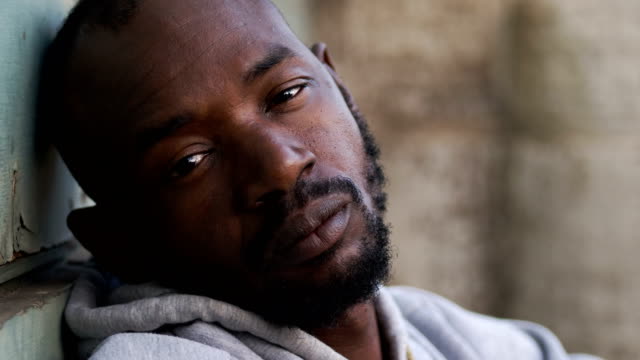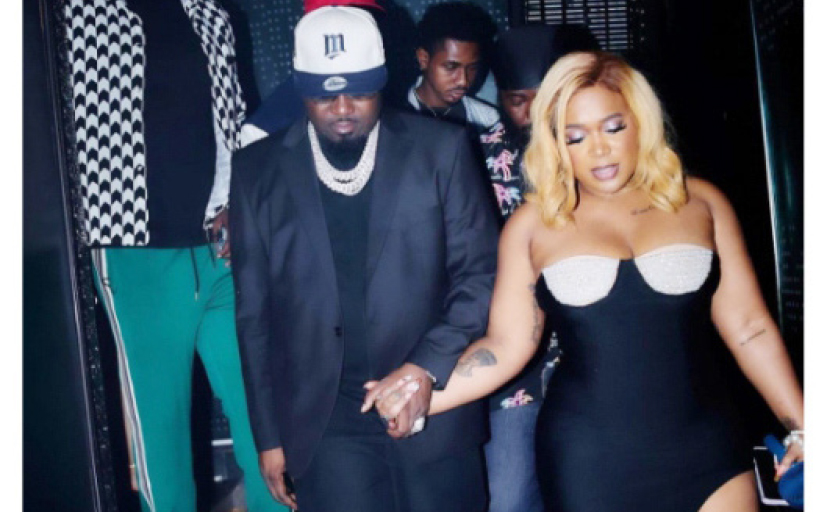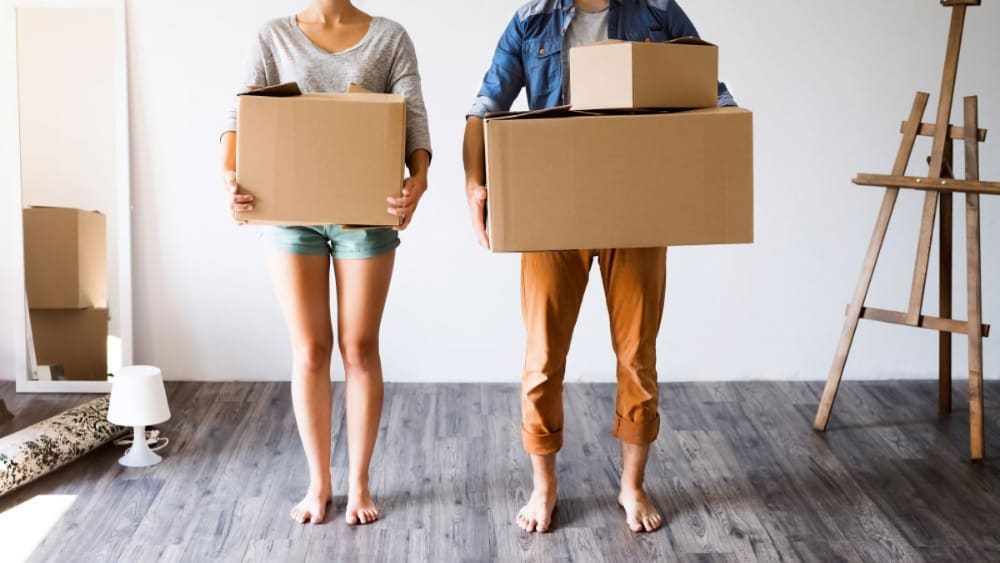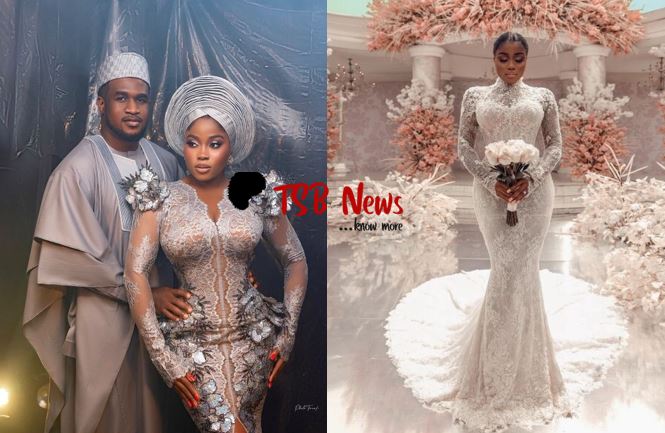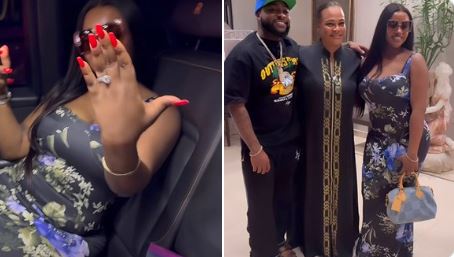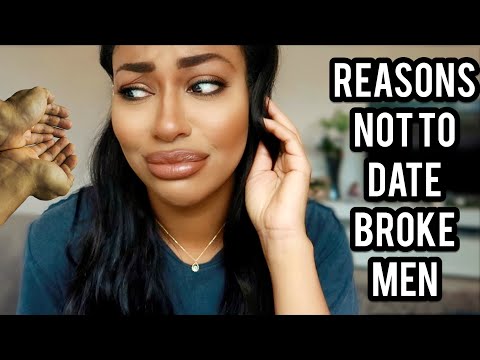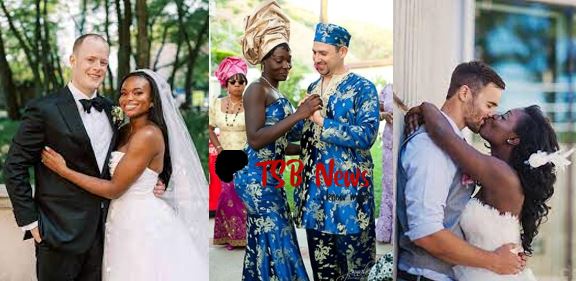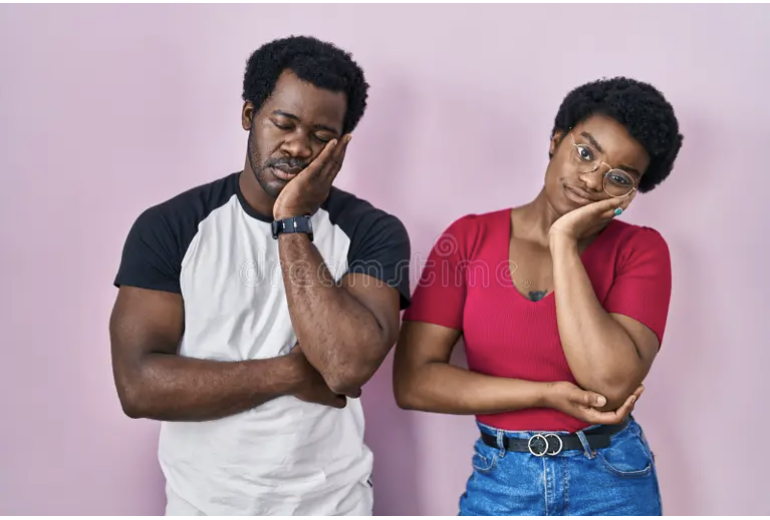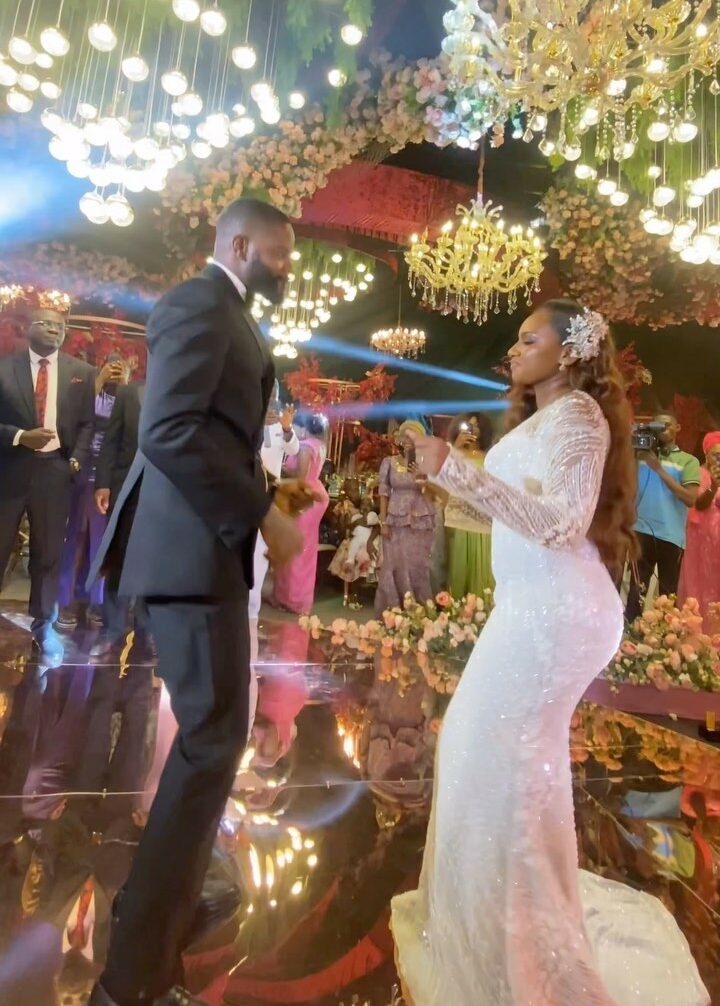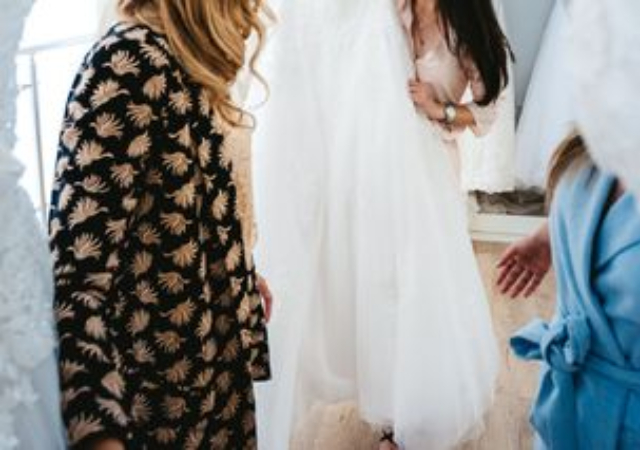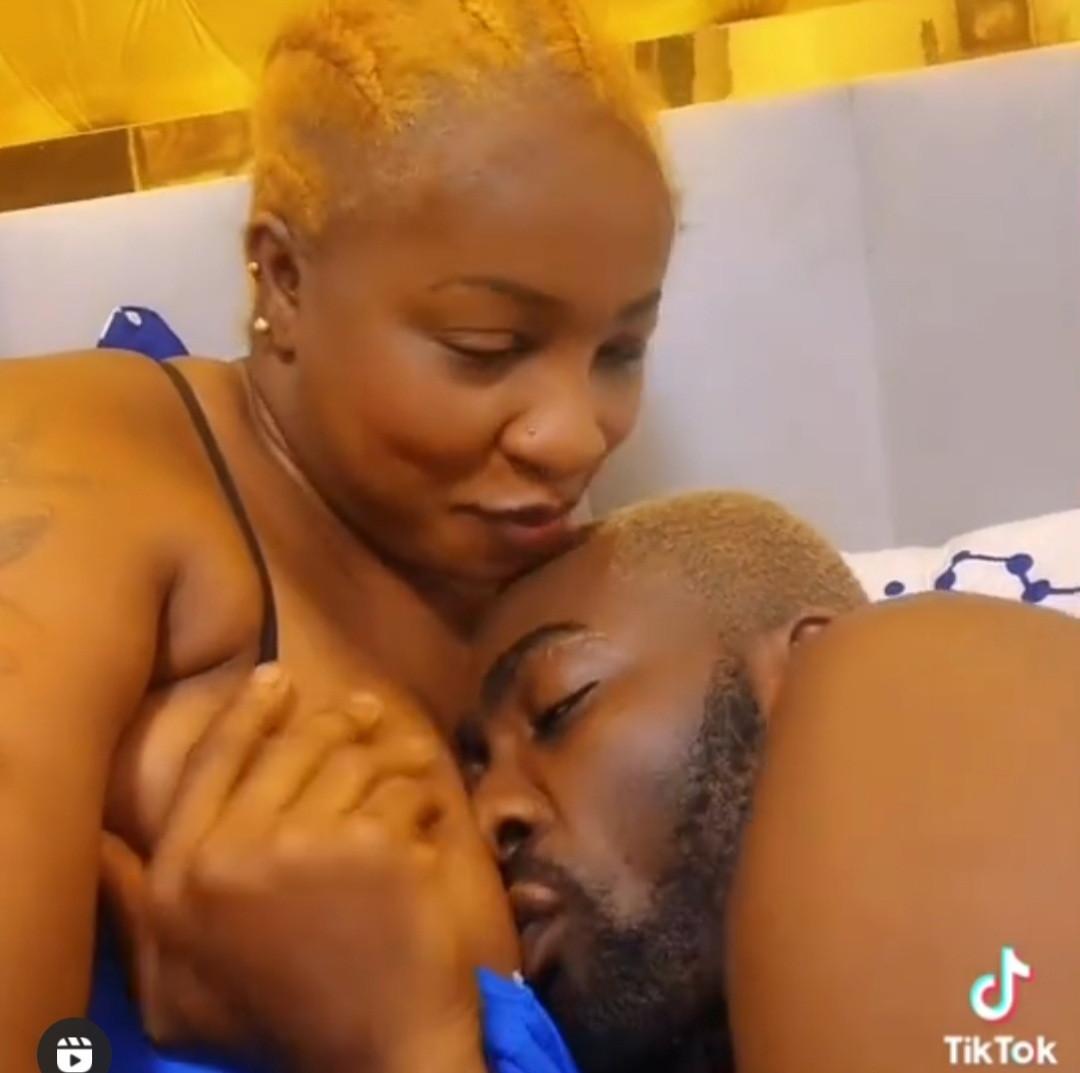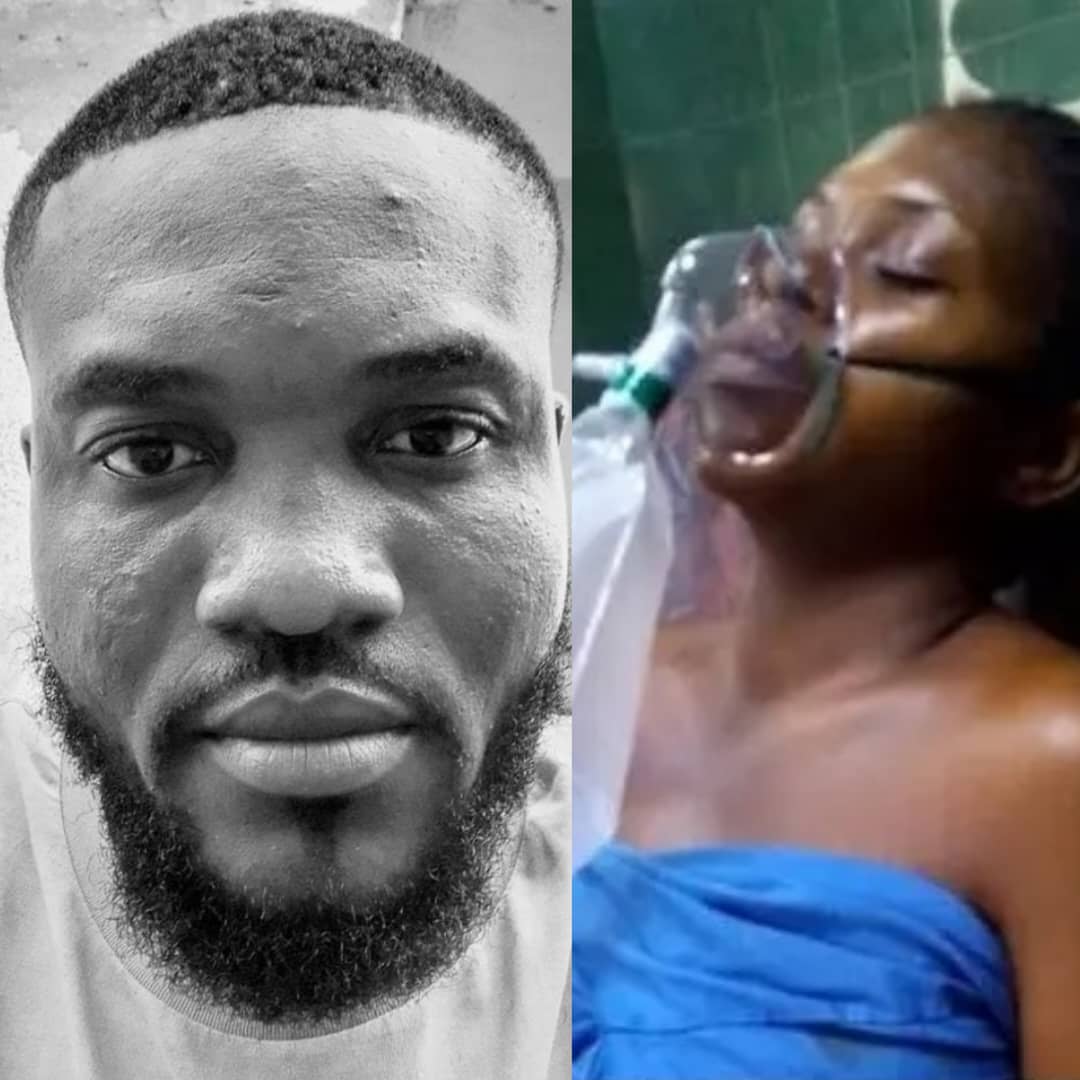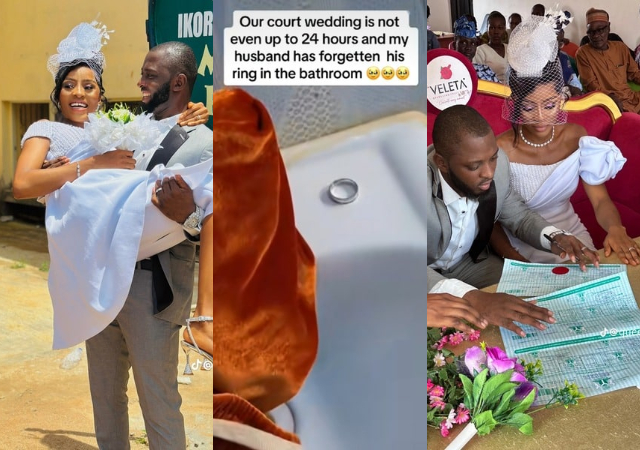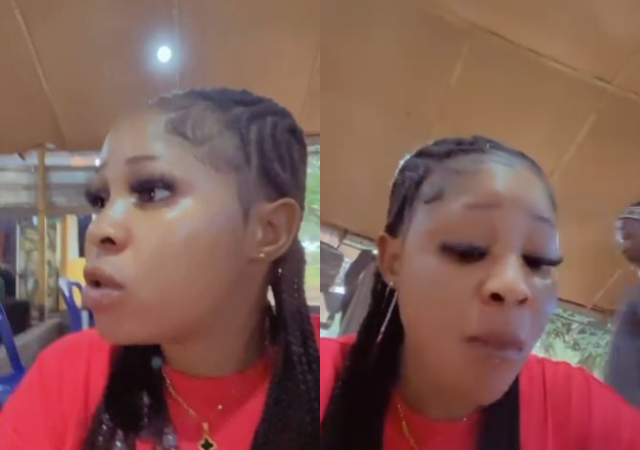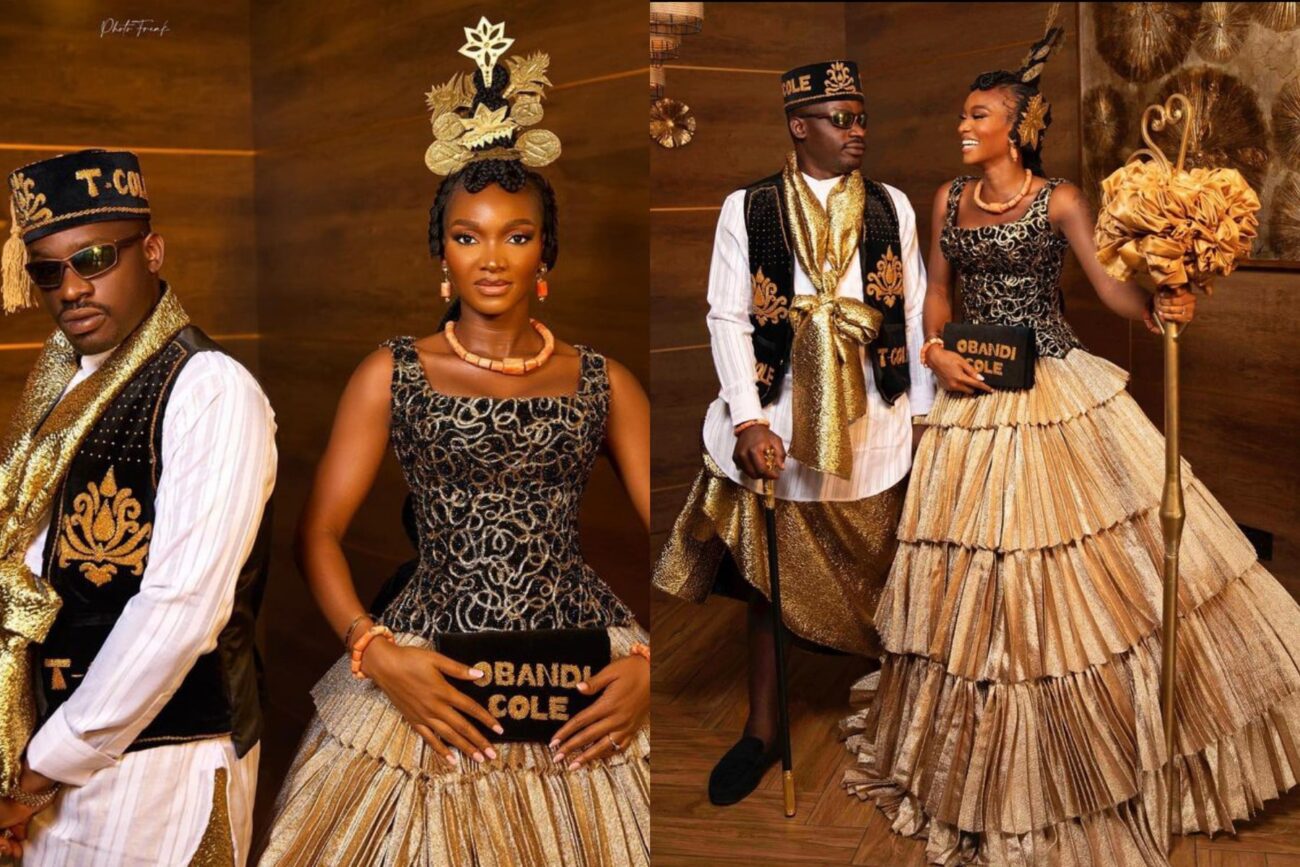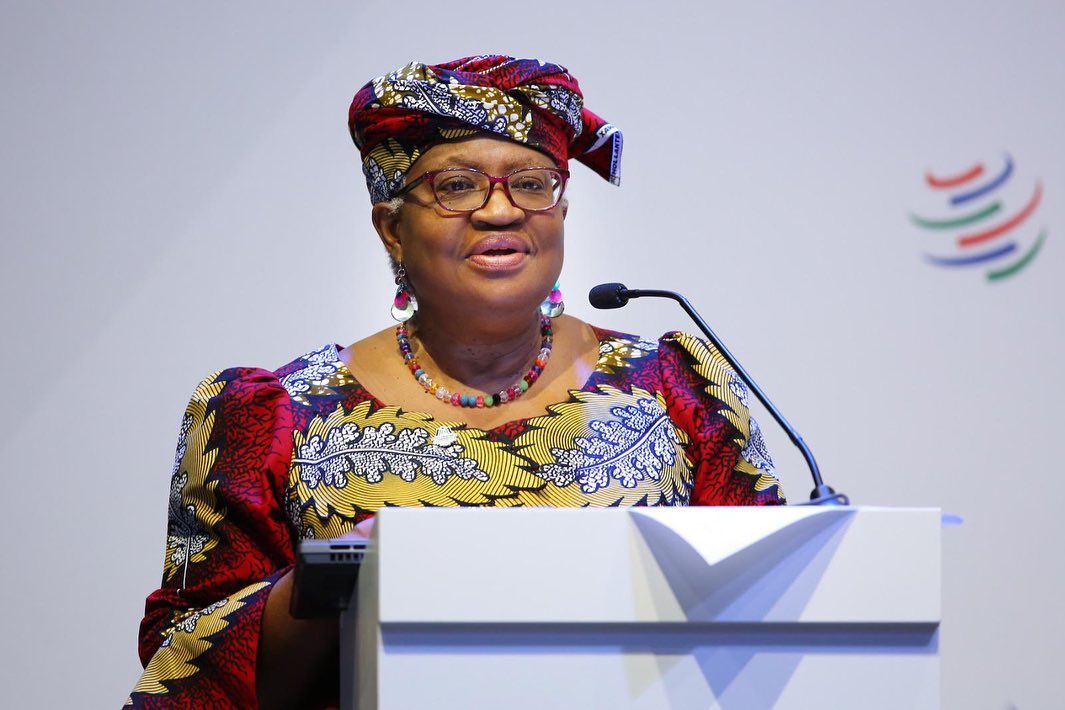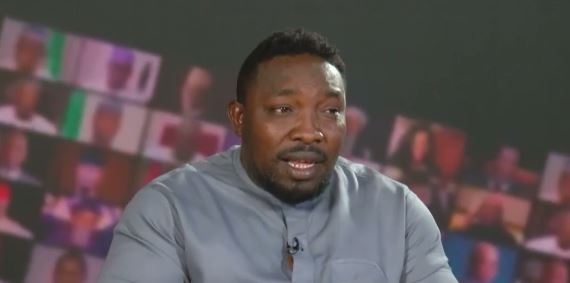You may want to know the answer to this questions out of curiosity. Have you missed the mark? Did you start too early?
When it comes to the best age to start having children, it all depends on a few things. We’ll break down exactly what science suggests below.
First off, if you mean biologically, the best age to start having children is the late teens or early twenties.
This is when the body’s reproductive system is at its peak. Also, women in this age range are unlikely to have developed certain illnesses. Some of which may put the child at risk. Plus at this age, there are reduced chances of a miscarriage, infertility or ectopic pregnancy.

(Photo: British Vogue)
However, if you take today’s climate into account (where families are smaller and many women are in full-time employment) this may be the most stressful time to have a baby. At this ‘biologically-approved’ age, there’s a higher chance the baby is conceived out of wedlock. This means it could affect the mother’s educational goals and put her in a more disadvantaged position.
If you’re thinking of the best age to start having children while putting the health of the baby in focus, rather than the health and possibility of a successful pregnancy, the ideal number is 26. When you have babies at around this age, they are less likely to have birth defects and a reduced chance of infant mortality.
Now you have some idea of what research thinks the best age to have a baby is. One study did suggest that for the optimum health of the mother, she should have her last baby before she turns 35.

(Photo: Maxres)
As always, all these are data and statistics that do not take into account a number of things. So, try not to take them too seriously. But it’s pretty interesting to know what theories are out there though.
Want to know what the best age to get married is? Check this out.
Source: Lifestyle.NG

